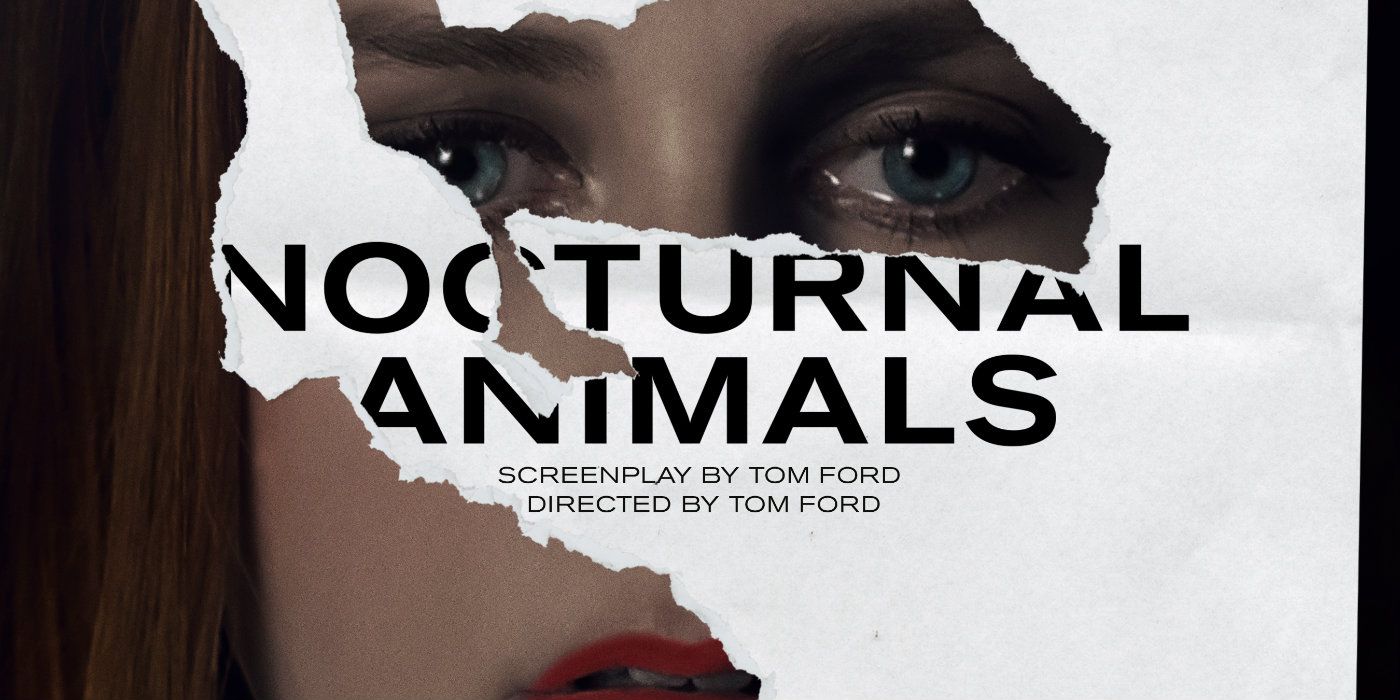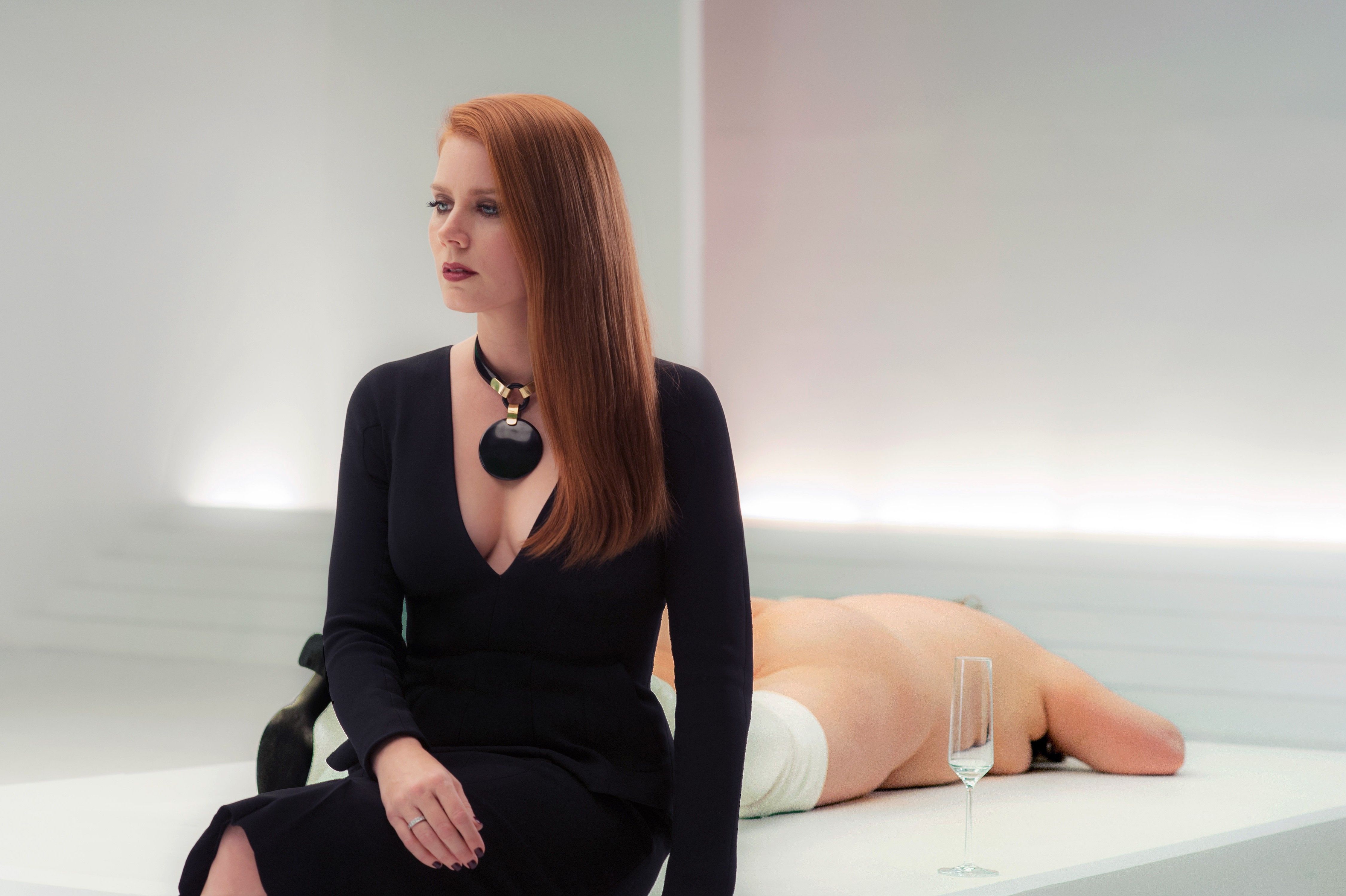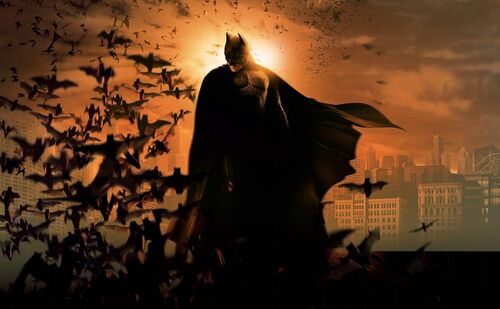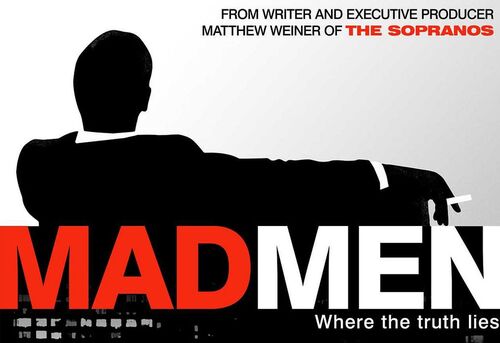
Nocturnal Animals (2016) Review
 Tom Ford’s Nocturnal Animals is a gallery of broken imagery, broken sequences, and ultimately broken hearts. At times, its odd structure gets away from it, and it feels as though the film comes to the brink of falling to pieces. But it’s a testament to some astounding performances and an intricate third act that this thriller leaves its mark well after the credits have rolled.
Tom Ford’s Nocturnal Animals is a gallery of broken imagery, broken sequences, and ultimately broken hearts. At times, its odd structure gets away from it, and it feels as though the film comes to the brink of falling to pieces. But it’s a testament to some astounding performances and an intricate third act that this thriller leaves its mark well after the credits have rolled.
Amy Adams stars as Susan Morrow, the first character we’re introduced to following a particularly uncomfortable opening sequence. To that opening’s credit, it’s certainly something different, though it isn’t imagery you want to hold onto. Still, the way the artwork distorts in unpleasant and unnatural ways says a lot about Susan, who returns to her lush home, which is both splendid and hollow at once, and learns of a package she received.
That package is from her ex-husband, Edward Sheffield, and in it is a novel he’s written, but not yet published. It’s dedicated to her, and through Susan’s eyes we unravel his tale. And here’s where we learn that Nocturnal Animals is not conventional in its structure nor in its use of setting. It contrasts rural, open and vast outdoors with the shiny, lavish world in which Susan lives (which itself is something of a glass box). Ironically, where hers feels somewhat fake and sheltered, Edward’s story exists in the cruel and very real world.
The film unfolds slowly and steadily, through a drawn out sequence in which the main character of Edward’s novel, Tony Hastings, is tormented by a car full of thugs, and his attempts to protect his family are for nothing. His experience is hellish, and it forces Susan to remember what she did to Edward years ago. At first, Edward’s novel comes across as literal, to some extent autobiographical. While still extraordinarily personal, it ventures into symbolic territory, and it torments Susan.
Jake Gyllenhaal brings all of the hallmarks we’ve come to expect in his performance, and truly sells Tony’s torturous experience, which thus translates some of what Edward himself went through. Michael Shannon is enthralling as the unconventional lawman who is at first disconnected from Tony's suffering but ultimately driven toward justice by whatever means necessary. His fate is less clear, as with many of the lines of attachment in a feature just shy of two hours. We’re forced to accept that very little closure is to come from any of it but, at first grinding, the final shot of the film feels strangely satisfying. A tale that doesn’t need anymore telling.

A slew of thinly-related images are flung at the screen, at times engrossing, sometimes terrifying, and other, less often times, upsetting. A particular nightmare that Tony has is hard to watch, and we feel Susan’s own pain as we cut in and out of her experience reading the book on the couch, frequent reminders that we live on the outside of Edward’s novel. When Ford begins to pull away the curtain and reveal Susan and Edward’s history, including how they met, and a number of allusions as to their relationship’s fate, that’s when we feel something. A pang of sadness, a desperate need to know more, and more importantly, investment in both parallel lines of the story, as they weave in and out of one another toward the finish line.
With an engrossing knack for compelling dialogue, and a commendable skill at weaving alternate “realities” into something beyond cohesive, Ford delivers a quietly compelling and surprisingly enclosed thriller. That it manages to tell a narrative within a narrative, and make it mesmerizing, and simultaneously have it better answer those nagging questions about Susan’s impact on Edward’s life, emphasizes Ford’s talent.
Whether or not Edward is severely unhinged, somewhat obsessed, or determined to remind Susan of the pain she’s caused, it’s not altogether clear. That his pain and his character is so convincingly rendered in the fictional character of Tony is riveting. The film relies on its editing, perhaps more-so than anything (and that includes its gorgeous cinematography, its decadent sets and costumes, and its fine attention to detail). Pulled together with resounding competence, we’re always aware of where we are in the story. In visual presence, it’s vaguely familiar to this year’s other fashion-inclined thriller The Neon Demon, but this one manages to use style as background noise to the beauty in the fore. It focuses on character, on structure, and trades in none of it for more easily-attained accomplishments.
There’s so much to connect after Nocturnal Animals comes to an end. You find yourself looking for reasons for things not to make sense, but then there’s more to think about again. Its ending is superb, upon reflection. While it makes little sense of Edward’s state of mind at the close, it leaves Susan on a cliff’s edge of emotional grief, and it leaves an uncertainty that’s simple yet haunting in its own right. Tom Ford has created a film that deserves to be talked about, and hopefully in the months to come.


